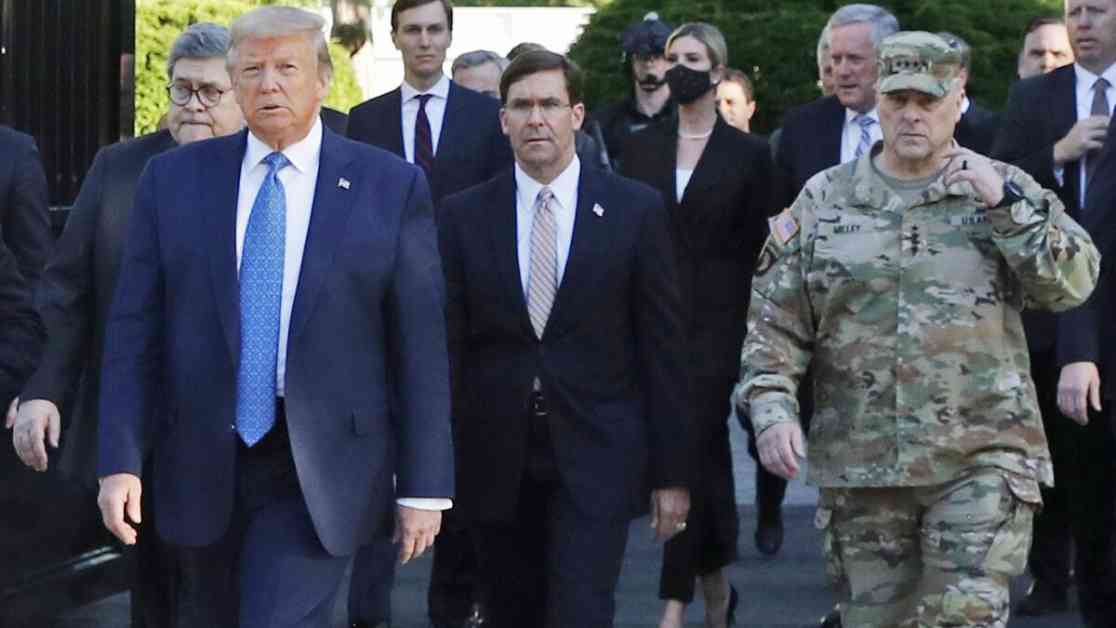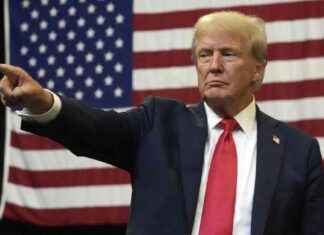As President-elect Donald Trump gears up for his transition into office, the impact on the military and political landscape is being closely scrutinized. Critics have raised concerns about the potential politicization of the U.S. military under Trump’s administration, given his history of controversial statements regarding the use of military force.
The relationship between the executive branch and the military has always been delicate, with the president serving as the commander in chief of the nation’s armed forces. However, senior military officers are bound by an oath to defend the Constitution and are expected to resist any illegal or unconstitutional orders.
Recent reports of a draft executive order to create a “warrior board” that could remove high-ranking military officials who do not comply with presidential directives have raised alarm bells. This move could lead to the purging of military leaders who do not align with Trump’s agenda, potentially undermining the independence and professionalism of the armed forces.
The nomination of Pete Hegseth, a conservative Fox News personality, as the Secretary of Defense has also sparked controversy. Critics argue that Hegseth lacks the necessary expertise for the role and may prioritize ideological considerations over national security interests. This appointment, coupled with Trump’s history of interfering in military matters, has raised concerns about the future of the U.S. defense complex.
The existence of a “warrior board” and Trump’s desire to reshape the armed forces have fueled fears that the military could be used as a tool to advance the president’s personal agenda. Trump’s authoritarian tendencies and his willingness to exert control over the military have drawn comparisons to leaders like Bashar Assad and Vladimir Putin, raising questions about the apolitical nature of the American military.
Despite these concerns, experts believe that the military’s commitment to professionalism and ethical standards will prevent it from being co-opted for political purposes. The sheer size and complexity of the Pentagon bureaucracy also serve as a deterrent to any attempts to manipulate the armed forces for personal gain.
As Trump prepares to assume office, his vision of “peace through strength” and his emphasis on military readiness are likely to shape his administration’s approach to national security. With millions of active-duty troops and National Guard members under his command, Trump’s impact on the U.S. armed forces is expected to be significant.
In conclusion, the upcoming transition of power poses challenges and uncertainties for the military and political landscape in the United States. As Trump takes office, the balance between civilian control of the military and the independence of the armed forces will be closely watched, with implications for national security and democratic norms.



























